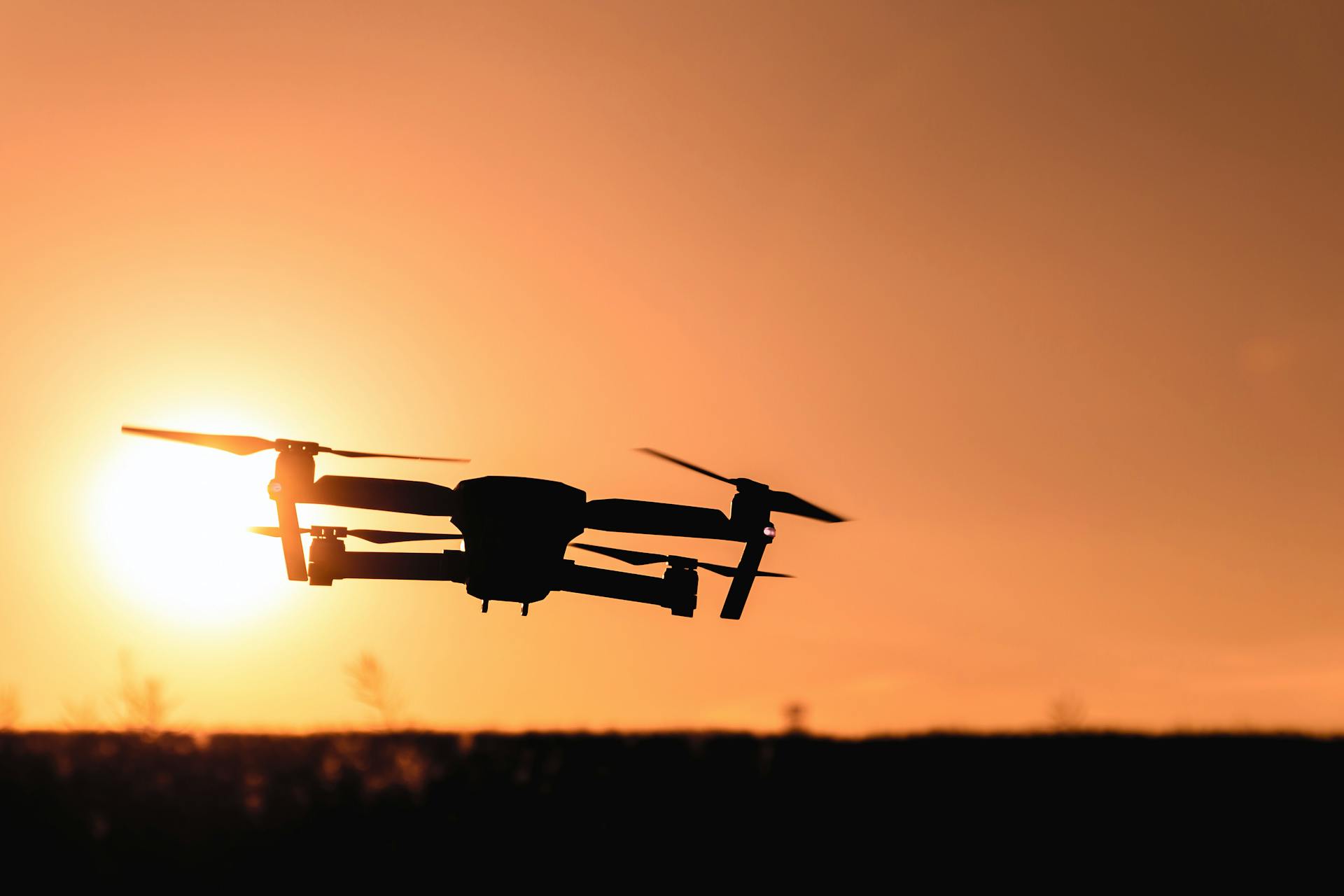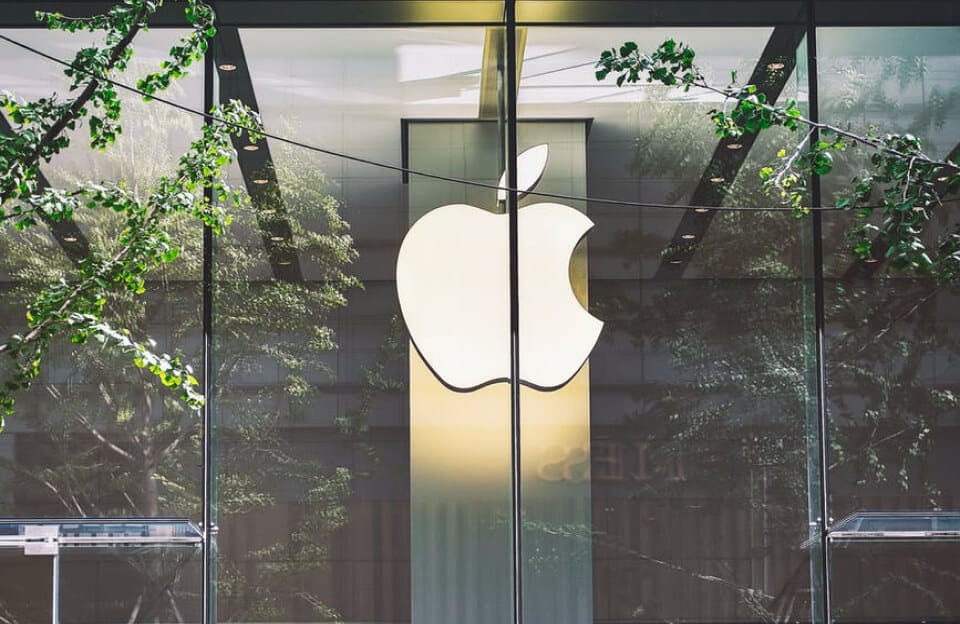As technology continues to reshape our daily lives, cities worldwide are evolving into smarter, more connected urban hubs. Smart cities leverage artificial intelligence (AI), the Internet of Things (IoT), and sustainable solutions to enhance efficiency, improve public services, and promote environmental responsibility. But what does the next decade hold for the future of smart cities?
In this article, we’ll explore the key trends that will define the transformation of urban spaces over the next ten years.
1. AI-Driven Urban Management
Artificial intelligence will play a central role in city planning and management. Governments and municipalities are already using AI-powered analytics to optimize traffic flow, predict infrastructure maintenance, and enhance public safety. In the coming years, expect to see:
- AI-driven traffic systems that reduce congestion and pollution.
- Predictive maintenance models that identify infrastructure issues before they become costly problems.
- Automated public services, such as AI-powered chatbots assisting citizens with inquiries.
2. Expansion of IoT and 5G Connectivity
The backbone of smart cities is connectivity. With the expansion of IoT devices and 5G networks, urban areas will become more interconnected than ever. Future advancements include:
- Smart sensors that monitor air quality, energy usage, and waste management in real-time.
- Connected transportation systems, such as autonomous vehicles and smart traffic lights.
- Enhanced public Wi-Fi coverage, improving accessibility to digital services for all residents.
3. Sustainable and Energy-Efficient Cities
Sustainability will be at the heart of smart city development. With climate change concerns growing, cities will prioritize green initiatives, including:
- Renewable energy integration, such as solar-powered public infrastructure.
- Smart grids that optimize energy distribution and reduce power wastage.
- Eco-friendly architecture, featuring energy-efficient buildings and green rooftops.
4. Advanced Public Safety and Cybersecurity Measures
As cities become more connected, cybersecurity and public safety will be critical concerns. The next decade will see:
- AI-powered surveillance to improve crime prevention while maintaining privacy.
- Blockchain-based security systems for safer data management and transactions.
- Cybersecurity frameworks to protect smart city infrastructure from hacking threats.
5. Smart Mobility and Autonomous Transportation
The way people move around cities is changing. Over the next decade, we’ll witness:
- Widespread adoption of autonomous vehicles, reducing traffic accidents and emissions.
- Expansion of smart public transit, with AI-optimized routes and real-time updates.
- E-mobility solutions, such as electric scooters and ride-sharing platforms, integrated with city infrastructure.
6. Citizen-Centric Smart City Initiatives
Technology will make cities not just smarter but also more inclusive. Key developments include:
- Digital governance platforms, enabling citizens to participate in decision-making.
- Smart healthcare systems, offering remote diagnostics and AI-powered medical assistance.
- Personalized urban experiences, using data-driven insights to tailor public services.
Final Thoughts
The rise of smart cities is revolutionizing urban living, making cities more efficient, sustainable, and people-focused. Over the next decade, innovations in AI, IoT, and green technology will shape the way we live, work, and interact with our surroundings.
As technology continues to evolve, one thing is certain—smart cities will not only improve convenience but also redefine the future of urban living for generations to come.





